Before reading on, please check out the accompanying samba soundtrack for this post.
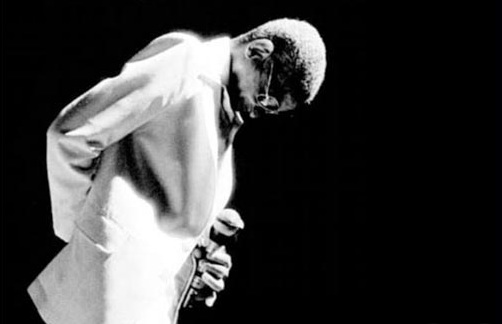
If he was alive, Angenor de Oliveira (1908-1980), better known as Cartola, would be celebrating 100 years this October 11. To put it simply, Cartola was one of the most important figures in Brazilian samba and the composer behind the first samba school in Rio de Janeiro. Despite having only 4 years of formal education, Cartola composed or co-composed over 500 songs, all of them presenting very elaborate but simple lyrics which are deeply loved by Brazilians.
“Cartola did not exist. It was a dream that we had”, has said Nelson Sargento, another legendary Brazilian composer. On the centenary of this dream, bloggers pay homage publishing their favorite song or poem, quotes, videos, photos and bits and pieces of Cartola's history, a history inextricably linked with the history of samba itself.
Danton K [pt] talks about Cartola's poor childhood – he was the fourth of seven children – and how this made him interested in music.
Angenor de Oliveira nasceu no bairro do Catete, no Rio de Janeiro, no dia 11 de outubro de 1908. Tinha oito anos quando sua família se mudou para Laranjeiras e 11 quando passou a viver no morro da Mangueira, de onde não mais se afastaria. Desde menino participou das festas de rua, tocando cavaquinho no rancho Arrepiados e nos desfiles do Dia de Reis. Passando por diversas escolas, conseguiu terminar o curso primário, mas aos 15 anos, depois da morte da mãe, deixou a família e a escola, iniciando sua vida de boêmio.
It was there in the neighborhood of Mangueira that Cartola met other sambistas and the malandragem. At 19 years, in 1928, with a group of friends, Cartola played an important role in founding a carnival group that later became Estação Primeira de Mangueira, one of the most loved samba-schools in Brazil. Douglas Ceconello [pt] talks about how he combined his two passions in this project:
Cartola não apenas fundou a Estação Primeira de Mangueira como escolheu as cores e o nome. O verde e rosa, achava ele, referiam-se às tonalidades de seu querido e amado – o que naquela época devia parecer bastante paradoxal – Fluminense.
In the Mangueira balls, Cartola was distinguished by his elegance and good taste. Luis Castro tells us that Angenor was nicknamed Cartola, the Portuguese word for top hat, because of his excessive care with his appearance. It refers to the bowler hat he wore to keep the cement from ruining his hair style while working as a builder. He also did odd jobs, was a car-washer, a wall-painter, a waiter, a security guard and so on. Castro describes him as a genius:
Cartola was an alive proof of the God wisdom, born black, poor, had no religion, no formal education, lived his entire life over the slums (favelas) and has composed the most beautiful samba verses ever wrote and left a incredible legacy for the Brazilian people.
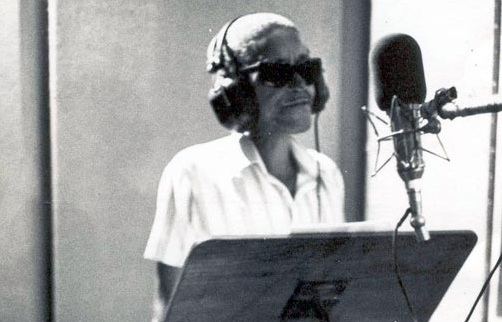
Murilo Gitel [pt] remembers that as happens with many genius, the sambista was only recognized as such after his death, on November 30, 1980. When he died of cancer at 72 years, samba had just started to leave the favela and hit the city streets. Cartola died, however, nearly as poor as when he was born:
Curiosamente, o artista só começou a ter visibilidade nacional aos 65 anos, quando lançou o clássico LP Cartola, apesar de ter se interessado pela música desde cedo. Em 1976, Beth Carvalho grava As Rosas Não Falam e o sucesso da canção faz com que o poeta apaixonado pelo cigarro, pela cachaça e pelo violão desse um salto considerável em sua carreira. No entanto, Cartola morreu pobre, há 28 anos, numa casa doada pela Prefeitura Municipal do Rio.
Leandro Luiz Rodrigues [pt] explains that for Cartola, music and money didn't go together and so many of his songs were given free or nearly for free to friends:
Sempre viveu à margem da sociedade que o consumiu, só gravou o primeiro LP aos 65 anos e nunca entendeu como uma música (para ele compor era tão natural quanto qualquer necessidade fisiológica) podia ser comercializada. Vendeu suas composições sempre a preço de banana. Quantas belas músicas creditadas a outros compositores não saíram da mesma cabeça que criou “As rosas não falam”?
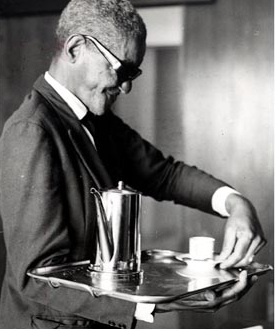
Journalist Monica Ramalho [pt], who has researched and written extensively about Cartola, publishes a piece she wrote in 2006, when her then editor commissioned a story showing a different side of the sambista. Here is an excerpt of an interview she did with Ronaldo de Oliveira, Cartola's adopted son, who regrets not having appreciated Cartola the musician as much, but remembers many of his father's lessons:
De uma delas, em especial, o herdeiro não esquece. “Quando tinha uns 16 anos, fiquei desempregado. Cheguei para ele e falei: ‘Seu Cartola, amanhã não precisa me chamar às 6h porque eu fui mandado embora’. Ele respondeu: ‘Tá bem’, mas quando chegou no outro dia, Cartola foi lá me acordar no mesmo horário de sempre. Eu reclamei e ele disse: ‘Eu sei, meu filho, mas levanta e vai procurar um emprego. Ou então faz alguma coisa, varre o quintal, arruma o armário, sei lá, ou você vai se acostumar a levantar tarde e não vai mais procurar emprego’.
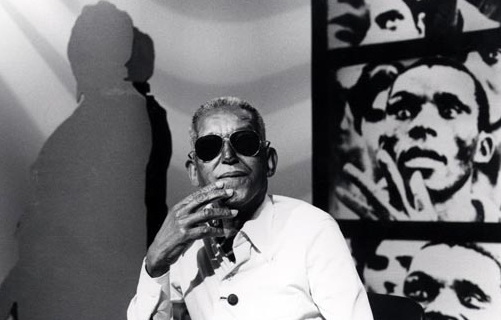
His music
Bruno Galera [pt] who has, in another post, compared Cartola with the Blues masters in Mississipi, tries to explain the effect his music has on him:
Mas outra coisa importante sobre a música dele é o que notei hoje: é impossível se acostumar. Sempre que paro para realmente prestar atenção na letra e no andamento que ele dá à declamação, acabo invariavelmente sendo obliterado por alegria e tristeza profundas. Conta-se nos dedos de uma mão quantos músicos conseguiram imprimir efeito similar à minha pessoa. Algo que posso classificar como regozijo absoluto.
Mário Chrispim [pt] goes on about a natural talent for music that welled up:
Embora não tivesse estudo musical teórico, Cartola possuía uma inventividade musical assombrosa. Tinha soluções harmônicas muito sofisticadas que não eram comuns no meio do samba. Além disto, era um letrista brilhante, que criava imagens poéticas fortes e originais.
Because of this, Elisa Queiros [pt] says that Cartola belongs to all Brazilians, to all of those who can understand the beauty of lyrics composed by a poet who laments to the roses over the loss of a woman he loved only to realise that the roses had stolen her perfum:
Pela natureza de suas melodias e harmonias, simpliciade cotidiana de suas letras, Cartola toca nossos corações e se torna trilha sonora de nossas vidas, de forma que cada um se apropria dele – Cartola é de todos, é de cada um.
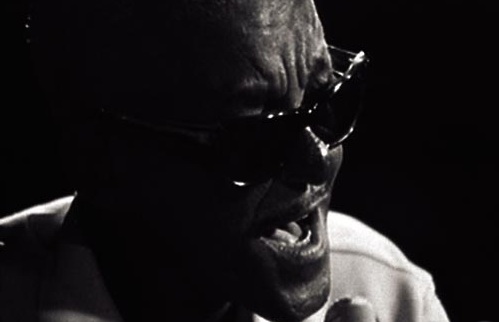
Discography
- Cartola – 1974 – Discus Marcus Pereira
- Cartola – 1976 – Discus Marcus Pereira
- Verde que Te Quero Rosa – 1977 – RCA-Victor
- Cartola 70 Anos – 1978 – RCA-Victor
- Cartola ao Vivo – 1982 – Eldorado
On YouTube:







1 comment